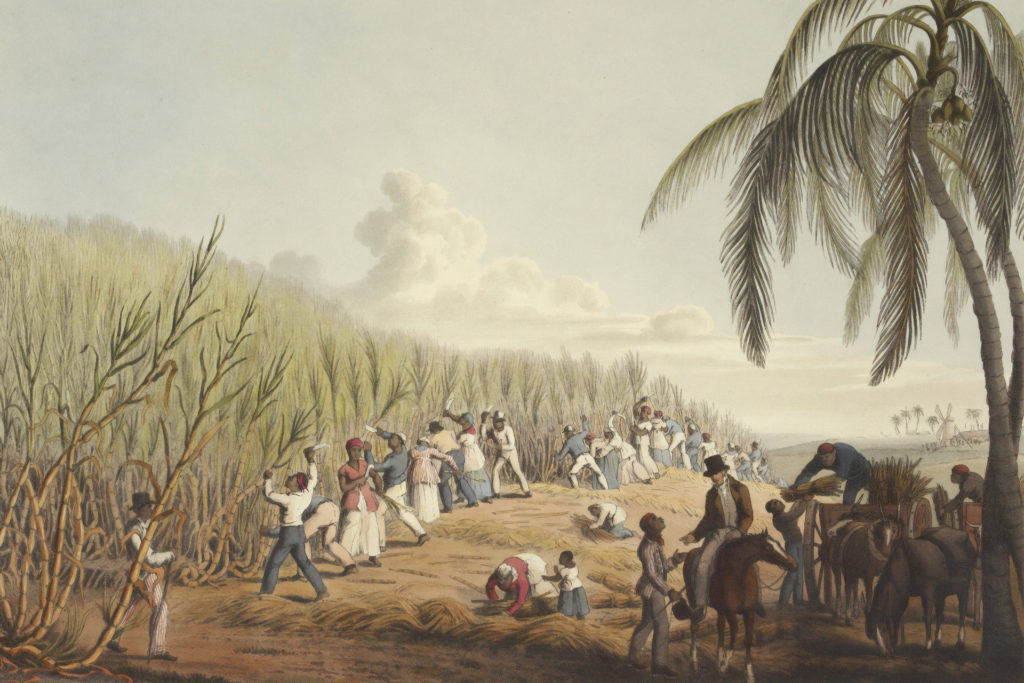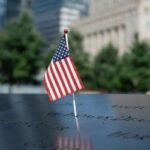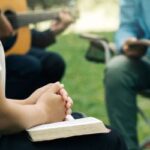Black History Month: 9 trailblazers who helped shape religion in America

When Africans were first brought to America as captives in 1619, they were stripped of much of their identities, cultures, languages, and faith traditions. But out of their horrific suffering and shared experience, a new passion and zeal for spirituality emerged. Since then, religion has played a crucial role in Black history. You already know Richard Allen, Martin Luther King Jr, Rosa Parks, Harriet “Moses” Tubman, Sojourner Truth, and Malcolm X. But here are nine other faith leaders and pioneers that advocated for freedom—religious and racial—while making a lasting impact on faith in America.

Phillis Wheatley, who was sold as a child into slavery in the mid-1700s, was a poet and the first Black woman published in America. She was also a notable apologist, abolitionist, and missionary who garnered attention from politicians, including George Washington, for her religious writings which praised God and spotlighted issues of slavery.

Peter Spencer, a slave who was freed following his master’s death, is considered the father of the independent black church movement that swept the northern part of the U.S. in the late 1700s and the 1800s. Spencer’s movement, inspired by the principle of religious freedom expressed in the U.S. Constitution and by a vision of black self-determination, led to the incorporation of the African Union Methodist Protestant (A.U.M.P.) and Union American Methodist Episcopal (U.A.M.E.) denominations in the mid-1860s, also known as the Spencer Churches and as African Union Methodism.

Jane Manning James, a free black woman known as “Aunt Jane,” was one of the first pioneers to enter Utah and become part of the first black community in the Salt Lake Valley. She joined the Church of Jesus Christ of Latter-day Saints in 1841 and worked and lived in founder Joseph Smith’s home. She was baptized for ancestors in the Salt Lake Temple after its dedication. She also raised 10 children, helped her neighbors through difficult times, and shared her testimony of the gospel.

Augustus Tolton, a former slave, was one of the first Black Catholic priests in the U.S. He studied for the priesthood in Rome and was ordained in 1886 at 31. He returned to the U.S. soon afterward and served the black community, mostly in Chicago. His cause for canonization was opened by the Archdiocese of Chicago in 2010. In 2019, Pope Francis officially confirmed his “heroic virtue,” putting him on the path to eventual sainthood.

William Seymour, the free son of two slaves, led the three-year Azusa Street Revival, which became the driving force of the modern Pentecostal and Charismatic movements starting in 1906. His integrated services drew thousands of people of all ethnicities and religious traditions, and were full of fiery sermons, singing, and speaking in tongues. Today, the revival is considered by historians to be the primary catalyst for the spread of Pentecostalism in the 20th century.

In 1913, Noble Drew Ali introduced Islam to many black Americans. Settling largely in the Midwest, by 1928 his Moorish Science Temples of America boasted more than 15,000 members spread throughout major U.S. cities. After Ali’s death, Wallace Fard Mohammed broke away from the organization and founded the Nation of Islam. Prominent members of the Nation of Islam included activist Malcolm X and boxer Muhammad Ali.

Elias Camp Morris, one of the founders of the National Baptist Convention, the largest African-American religious organization, stressed the preaching of the gospel as an answer to the shortcomings of a segregated church. The organization first began in 1880 as the Foreign Mission Baptist Convention in Montgomery, Alabama. Other notable members include R.H. Boyd, Nannie Helen Burroughs, and Martin Luther King Jr., who later led his activists out of the National Baptist Convention into the rival group—the Progressive National Baptist Convention.

Sister Thea Bowman was the first black nun in her religious congregation. In 1989, she became the first black woman to address the U.S. Conference of Catholic Bishops. Her position in religious life allowed her to address racism in the Catholic Church at a time when the culture and traditions of African-American Catholics still were not widely accepted. She died in 1990. U.S. bishops endorsed her canonization in 2018.

Howard Thurman, a philosopher, theologian, and educator, co-founded San Francisco’s Church for the Fellowship of All Peoples in 1944. It was the first integrated interfaith religious congregation in the U.S. In 1953, the so-called “spiritual godfather of the Civil Rights Movement, became the dean of Marsh Chapel at Boston University. He was the first black dean at a mostly white American university, mentoring, among many others, Martin Luther King Jr., as he developed his philosophy of nonviolence.



